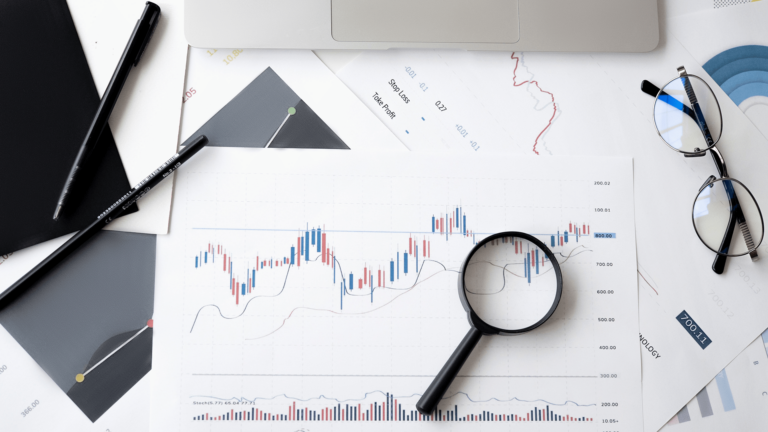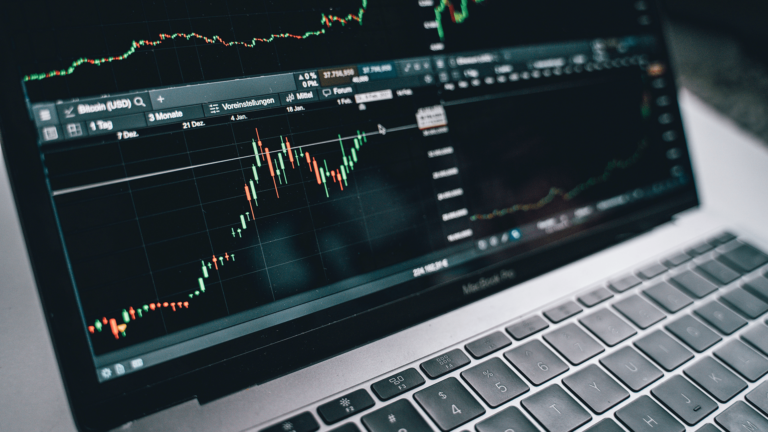Managing Forex Trading Emotions: Controlling Fear and Greed
Understand the Difference Between Fear and Greed in Forex Trading
Fear and greed are two of the most powerful emotions that drive forex trading decisions. Fear can cause traders to make irrational decisions, while greed can prompt them to take too large of risks for potential rewards. To become a successful trader, it is essential to understand the differences between fear and greed so that you can identify when either emotion is influencing your trading decisions.
Fear in Forex Trading
Fear in forex trading usually arises from a lack of knowledge or due to previous losses experienced by the trader. This emotion often causes traders to hesitate on making trades because they may worry about possible losses, instead of focusing on potential profits. When fear takes over, traders may also enter positions at unfavorable prices or exit profitable positions too soon.
Greed in Forex Trading
Greed in forex trading is often the result of a trader wanting to maximize their profits as quickly as possible. This emotion can cause traders to take large risks, such as entering into high-risk trades or ignoring trading rules. Greed can also lead to “overtrading,” which is where a trader takes on more positions than they can handle adequately.
Managing Fear and Greed in Forex Trading
When it comes to managing these two emotions, there are several strategies that traders can use:
- Establishing a risk management strategy: A risk management strategy will help you define how much capital you are willing to risk in each trade.
- Setting realistic goals: Set realistic goals and objectives to avoid becoming preoccupied with potential profits.
- Having a trading plan: Establishing a trading plan can help you stay disciplined and focused on your strategy.
- Knowing when to take a break: Taking regular breaks from trading can help reduce emotional pressure, allowing you to make more rational decisions.
- Keeping a trading journal: Recording your trades in a journal will enable you to analyze your results and look for improvement opportunities.
- Seeking professional help: If fear or greed is preventing you from making sound decisions, it may be worth seeking out the advice of an experienced trader or financial advisor.
Develop a Trading Methodology to Help Manage Your Emotions
To effectively control fear and greed in forex trading, it is important to develop a reliable trading methodology. Having a consistent approach will help you stick to your strategy and make more informed decisions when it comes to entering or exiting trades. Additionally, focusing on the fundamentals of forex trading (such as economic data releases) will help reduce the potential for mistakes caused by emotional impulses. Ultimately, developing a methodical and systematic approach will enable you to better manage your emotions and become a successful forex trader.
Set Objectives and Follow a Plan for Every Trade
To avoid being influenced by fear and greed, it is important to have a plan for every trade. Before entering into any position, set clear objectives and stick to predetermined strategies that are based on sound analysis. Additionally, it is essential to keep track of market conditions so that you can make informed decisions regarding when to enter or exit trades. Lastly, be sure to take regular breaks from trading to maintain focus and control your emotions effectively.
Take Time Away from the Markets – Have a Break Now and Then
Taking regular breaks from trading is vital for controlling fear and greed in forex trading. When you are away from the markets, it will allow you to take a step back and analyze your decisions more objectively. Additionally, taking time away can help relax you and allow the emotional intensity associated with trading to subside. Ultimately, taking regular breaks will help ensure that your trades are based on sound analysis rather than fear or greed.
Focus on Long-Term Goals – Don’t Get Caught Up in Short-Term Fluctuations
Finally, it is important to focus on long-term goals rather than short-term fluctuations in the market. This will help you avoid getting caught up in the fear and greed associated with trading decisions. Additionally, setting achievable goals can keep you motivated and ensure that your trades are based on sound analysis and strategy. Ultimately, having a clear idea of where you want to be in the future can help you stay disciplined and focused on making informed investments as opposed to emotional decisions. By understanding the differences between fear and greed in forex trading, learning how to manage these emotions effectively, and focusing on long-term objectives, traders can become successful by controlling their emotions when investing in the markets.
Ensure You Are Comfortable with Your Level of Risk – Don’t Take Unnecessary Risks or Overreach
Finally, it is important to make sure that you are comfortable with the level of risk you are taking when trading. It is essential to understand your tolerance for risk and stick to positions that you can manage effectively. Additionally, be sure not to take on unnecessary risks or “overreach” your trading objectives in an attempt to maximize profits quickly. Taking these steps will help ensure that fear and greed do not influence your decisions and lead to losses in the long run.
Conclusion
Fear and greed are two powerful emotions that can have a huge impact on traders’ decisions in the forex market. By understanding how these emotions affect trading decisions, developing an effective trading methodology, setting realistic goals, taking regular breaks from the markets, and ensuring they are comfortable with their level of risk, traders can learn to manage fear and greed effectively and become successful forex investors.






